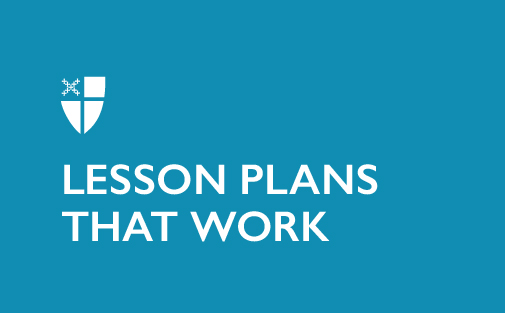Proper 17, Year A
Scripture: Matthew 16:21-28
“From that time on…” this phrase signifies a shift in the Gospel of Matthew. After last week’s lesson where Peter professes that Jesus is the Messiah, we turn this week to Jesus getting down to business telling them what that means. Being the Messiah doesn’t mean that he is above anyone, but rather that he is one who is living out what he has been professing in his teachings, miracles, and parables. Peter does not want to believe that this is possible and wants to save him from this. Jesus reprimands him, saying that even though he had professed him as Messiah, he clearly doesn’t understand what that will mean.
Download the Lesson Plans for Proper 17
LPTW Proper 17, Year A, Younger Children
LPTW Proper 17, Year A, Older Children
LPTW Proper 17, Year A, Adult
LPTW Proper 17, Year A, All
